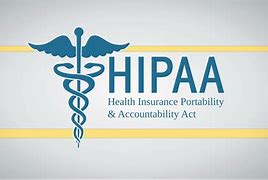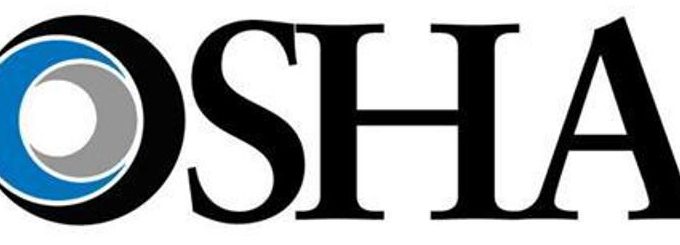As of July 1, 2024, California employers are required to have a customized written workplace…
The Opioid Epidemic: Dentistry as Part of the Solution
 Earlier this month, the Centers for Disease Control and Prevention (CDC) announced that an alarming 30% increase in emergency department visits due to opioid overdoses throughout the United States from July 2016 through September 2017. We ALL need to take part in stopping this epidemic, from educating patients and other healthcare providers to prescribing opioids responsibly.
Earlier this month, the Centers for Disease Control and Prevention (CDC) announced that an alarming 30% increase in emergency department visits due to opioid overdoses throughout the United States from July 2016 through September 2017. We ALL need to take part in stopping this epidemic, from educating patients and other healthcare providers to prescribing opioids responsibly.
The rise of the opioid epidemic began in the 1990’s, when pain was reclassified as the “fifth vital sign” and when pharmaceutical companies began lobbying and marketing, very successfully, prescription opioids as the solution to pain. Both of these factors contributed significantly to the sharp increase in opioid over-prescribing, and hence, more people addicted to opioids.
Reclassifying pain as the “fifth vital sign” elevated pain to equal status with blood pressure, heart rate, respiratory rate, and temperature as vital signs to monitor during patient exams. The 1990’s policy change encouraged healthcare providers to include pain assessment as part of routine patient exams, which led to more opioid prescriptions. (In 2016, in an effort to combat the opioid epidemic, many major organizations such as the American Medical Association and the Joint Commission recommended that pain assessment no longer be considered the fifth vital sign.)
And while dentists in the U.S. are not the main culprits in opioid over-prescribing, they do bear some responsibility in the on-going epidemic.
What Dentists Can Do…
Dental healthcare providers with the authority to prescribe opioids are responsible for:
- Diagnosing and treating pain using sound clinical judgment, which may involve the prescribing of opioids. Dentists should always prescribe the lowest effective dose and only the quantity needed depending on the expected length of pain.
- Minimizing the potential for adverse effects to pain management, including the abuse and diversion of opioids.
- Acquiring and maintaining the knowledge, skills, and abilities necessary to practice in accordance with accepted standards of care for pain management; education should include the appropriate use of opioid medications, how to recognize addictive disease, and how to limit instances of abuse and diversion.
According to the CDC’s March 2018 report referenced above, the CDC recommends all healthcare providers, including dentists, to:
- Prescribe opioids only when benefits are likely to outweigh risks.
- Determine a patient’s prescription drug history and level of risk by accessing data from their state’s prescription drug monitoring program (PDMP) prior to prescribing opioids.
- Identify mental health, social services, and treatment options to provide appropriate care for patients who misuse or abuse opioids.
- Follow the CDC’s Guideline for Prescribing Opioids for Chronic Pain. Dentists can also refer to the American Dental Association’s webpage on prescription opioid abuse.
To help mitigate the epidemic of prescription opioid abuse in the United States, dentists can be part of the solution by establishing office policies to help prevent the diversion of opioids, becoming more knowledgeable about the problem of prescription opioid abuse and how to prevent it, and tailoring prescription practices to provide pain control while limiting abuse and diversion.
For our OSHA Review Subscribers: The July/August 2016 issue of OSHA Review in Section X of your binder covers prescription opioid drug abuse and provides detailed information to help dentists make informed prescribing decisions. Additionally, for more information on prescribing controlled substances, the informational document “Instructions for Prescribing Controlled Substances in California” can be downloaded from OSHA Review’s website.
Since 1992, OSHA Review, Inc. has provided dental professionals with comprehensive programs to support regulatory compliance and infection control. We are a registered continuing education provider in the state of California, specializing in Dental Practice Act, infection control, and OSHA training.



